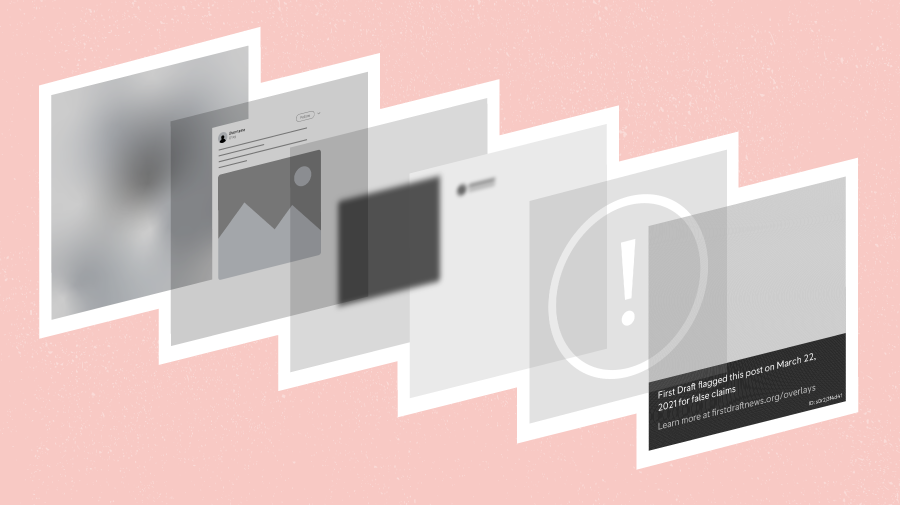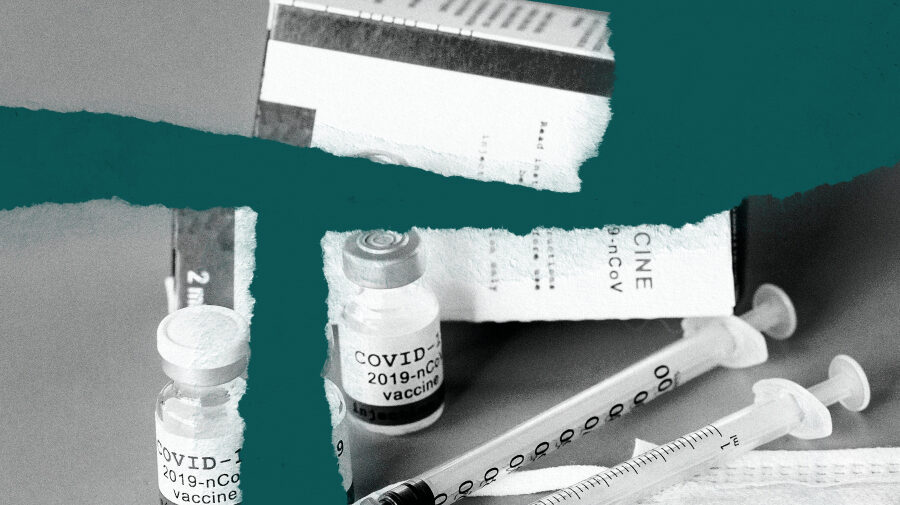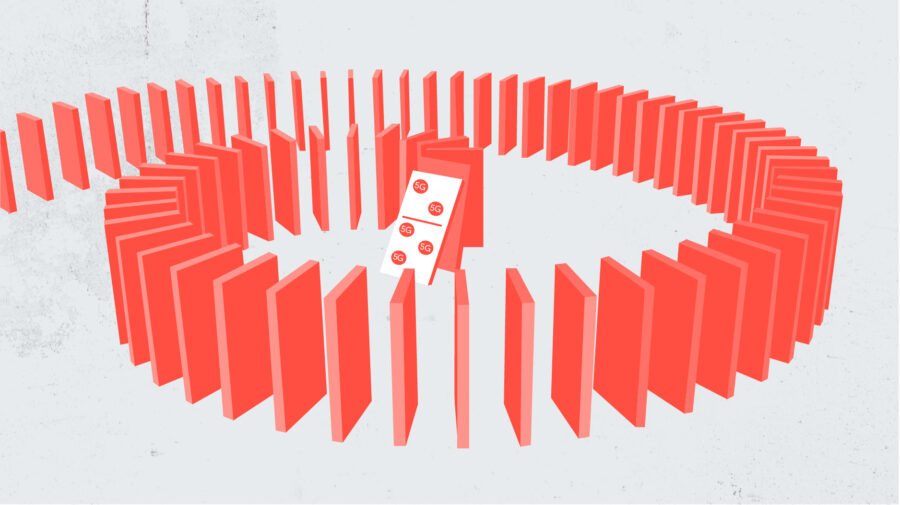One of the main aims of the First Draft Partner Network is to facilitate conversations between people working to solve the problems associated with trust and truth in a digital age. We currently have more than 100 newsrooms from around the world, some of the largest global journalism associations, the major social networks and technology companies, and human rights organizations working to verify content documenting human rights violations.
Today we are excited to announce the beginning of our Academic Partner Network with 32 Schools and Departments from around the world including Hong Kong University, Wits University in Johannesburg, UTS in Sydney, Dublin City University, and a number of Schools in the UK and the US. Some institutions are focused on research, some on teaching the next generation of Journalists and some do both. See our full list of Academic Partners.
There is so much work to do and the only way we are going to get anywhere is by collaborating on solutions. While it’s tempting to jump instinctively to conclusions about what will work, a real and lasting solution is going to take time. We need as much empirical data as we can get our hands on. We need experiments, we need surveys, we need content analyses of media output — online, on television and in print. We also need ethnographic research, we need well designed focus groups. We need to be able to visualize vast bot networks. We need to understand the impact of automation on our information ecosystem. We need to be able to access and interrogate data from the social networks so we can have a greater understanding of the algorithms which are shaping how we discover information. We also need informed educators who can ensure that the next generation of students understand the complexity of this issue.
We are really excited about creating this academic “wing” of our Partner Network so we can help facilitate global, cross-disciplinary connections and hopefully help foster multidisciplinary research teams. We hope to work with our partners to help test elements of CrossCheck, our collaborative journalism project currently taking place in France. We need to test the assumptions we used when designing the project – will audiences trust the ‘debunks’ to a greater extent if multiple news organizations have ‘crosschecked’ each other’s work? How are audiences responding to he new visual language we’re come up with for the project? Can newsrooms really collaborate with each other when their systems, workflows and tools are different?
We are also in the planning phases of a conference that will bring together academics and practitioners who are thinking deeply about the issues we are focused on at First Draft. The event would include mapping out the key theories and data that currently exist, but would then focus on drawing up a research road map based on research questions inspired by the community.
If you’re at a School, Institute or Department already working on issues related to trust and truth in terms of our information ecosystem and would like to join the Partner Network, please fill in this form. We are particularly eager to expand our network to academic centers in Africa, Asia and South America.
Those who know me will not be surprised that I am incredibly excited by this project. I am an academic by training, holding a PhD in Communications from the Annenberg School for Communication at the University of Pennsylvania, and I believe passionately that we need to bridge the divide that exists between the Academy and the news and information industry. Right now, there is incredible research taking place on issues related to the information ecosystem in Schools of Communication, Computer Science, Data Science, History, Information Science, Law, Neuroscience, Political Science and Social Psychology.
I was recently at a conference titled “Combating Fake News: An Agenda for Research and Action,” hosted at Harvard Law School and Northeastern University’s Network Science Institute. After being at a number of journalism conferences on “fake news” over the past three months, where there was understandable hand-wringing and the conversation was markedly ahistorical and atheoretical, this event was a breath of fresh air. It showcased incredibly relevant research from a range of disciplines but also underlined how there is little consensus yet on what we know about these subjects. For a comprehensive write-up of the event, I recommend this post by Molly Callahan of Northeastern.
My main take away from the event was a discussion about the need for a new Science of Disinformation. I couldn’t agree more.






